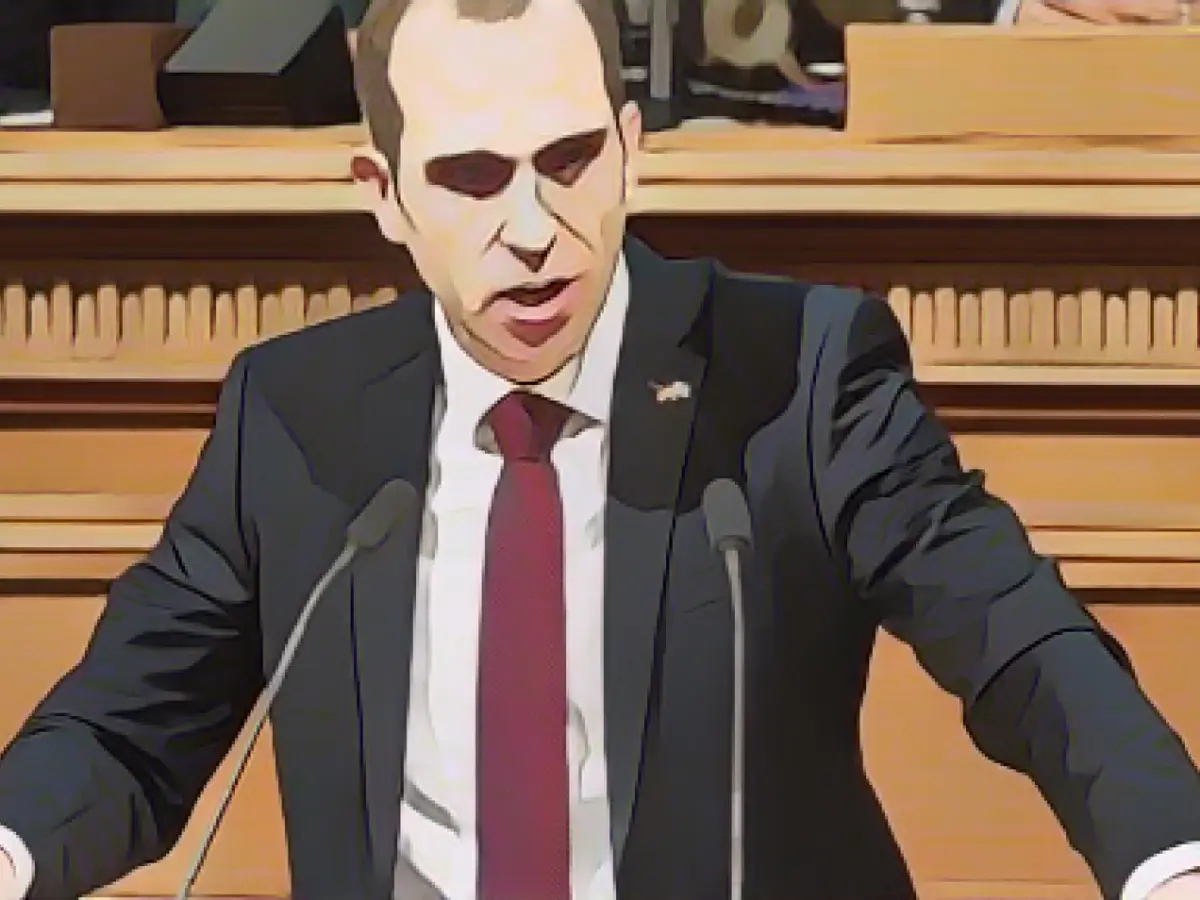Hamburg's SPD and Greens Stump for Debt Brake Reform
The budget crisis isn't simply a matter of slashing spending, according to Milan Pein, SPD budget politician, during a topical debate on Wednesday. He asserts that the existing debt brake is outdated and inept, posing a risk to Germany as a business hub. Pein emphasized that Hamburg's budget, unlike the federal one, is constitutionally binding.
Dennis Thering, the CDU party's parliamentary group leader, expressed shock at the red-greens calling the debt brake into question. He asserted, "this debt brake serves as a guarantee for intergenerational justice." Thering urged for savings in areas like citizen's income and basic child protection, unveiling plans to create 5,000 new jobs in administration for these causes.
Recent ruling by the Federal Constitutional Court impeded the federal government's reallocation of 60 billion euros originally earmarked for coronavirus measures to climate protection. This move has raised doubts about numerous projects from the federal climate and transformation fund.
Second Mayor Katharina Fegebank (Greens) underlined the necessity of a moderate increase in the debt ceiling to enable the state to act effectively during multiple crises and upheavals. Germany must uphold its international competitiveness while adhering to the Paris climate targets.
Debate on the Debt Brake's Role
- Despite Hamburg's SPD and Greens advocating for a reappraisal of the federal debt brake, the opposition admits that questioning the debt brake endangers intergenerational justice.
- The Hamburg-led debate contradicts the federal government's recent stance, as the Federal Constitutional Court prevented loan reallocation.
- Germany's politically diverse regions show varying opinions on the debt brake. While some argue for fiscal discipline, others advocate for investment and social welfare protection.
Investment and Social Welfare
The SPD and Greens argue for investment needs in key sectors, like education, digitalization, energy, infrastructure, and defense. Modifying the debt brake could enable increased investment spending, contributing to long-term economic growth. They also stress the importance of maintaining social welfare policies, including the citizen's allowance, which rely on higher public spending.
Fiscal Discipline and Stability
Proponents of strict fiscal rules argue that relaxing the debt brake might lead to excessive public debt and undermine financial stability. Adhering to European fiscal and stability pact rules is crucial to maintaining compliance with EU regulations, which limit budget deficits. Lax regulations could risk repeating historical mistakes and undermine fiscal policy credibility.
Source: www.stern.de
Enrichment Data:
Arguments for Modifying the Debt Brake
- Economic Needs and Investment Backlog
- The SPD and Greens support increased investment in key sectors to maintain Germany's competitiveness, address investment needs, and achieve stronger trend growth.
- Social Welfare and Redistribution
- Advocates for public investment in additional measures, like consumer spending and redistribution, to maintain social welfare policies while ensuring overall economic stability and social cohesion.
- Flexibility in Budget Management
- Supporters propose clarifying which expenses qualify as investment to provide greater flexibility in budget management. However, defining investments could present challenges in terms of flexibility and flexibility constraints.
Arguments Against Modifying the Debt Brake
- Fiscal Discipline and Stability
- Strict adherence to fiscal rules is seen as safeguarding fiscal discipline and stability, ensuring financial stability, and adhering to EU regulations to limit budget deficits.
- Risk of Excessive Spending
- Relaxing the debt brake rules might perpetuate past mistakes, risking excessive debt. Loosened regulations risk undermining fiscal policy credibility, especially among those who support strict fiscal discipline.
- Constitutional and Legal Considerations
- Any reforms to the debt brake should adhere to substantial legislative requirements, making the process highly complex. Legal challenges existed when the SPD and Greens misused special funds, leading to a constitutional court challenge.








